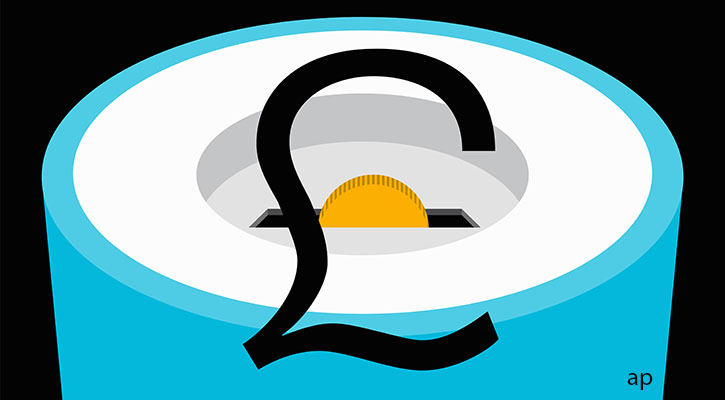
How Inflation Changed UK Saving and Spending Habits
Morningstar
The cost-of-living shock has turned the UK from a nation of spenders into savers, according to a think tank.
The “tumultuous period of price change” has changed what households do with their money, with consumption being cut by more than the fall in incomes, the Resolution Foundation said.
Official data released next week looks set to show inflation returning to close to the 2% target, drawing a line under a three-year inflation spike that has left households spending less and saving more, the Foundation said.
With consumer price infex inflation for April expected to fall within touching distance of the Bank of England’s 2% target, the Foundation looked at how the inflation squeeze has affected living standards, spending behaviour and finances.
CPI inflation peaked at 11.1% in October 2022, and since March 2021 overall prices have increased by 22%, researchers said.
CPI inflation rose by 3.2% in the 12 months to March 2024, down from 3.4% in February, according to Office for National Statistics data.
The UK squeezed more than a decade’s worth of “normal” inflation into just three years, according to the Foundation, which is focused on improving the living standards for those on low to middle incomes.
Spending Cut Dramatically
The cost of essentials has risen particularly quickly, putting poorer households at the heart of the crisis, as a bigger proportion of their spending goes on essentials, researchers added.
The Foundation said that households generally have cut down sharply on the amount they consume during the cost-of-living crisis.
The surge in inflation has eroded the value of earnings. Real household disposable income per person has fallen by 1.1%, or £280 a year, since just before the coronavirus pandemic, the fourth quarter of 2019, but real consumption per person has fallen much further, by 4.7%, or £1,200 a year.
In the last three months of 2023, families saved 6% of their disposable incomes – the highest rate outside of the pandemic in more than 30 years – researchers said.
The report said: “Although it is definitely good news that the headline inflation rate is normalising, we have still experienced a huge inflation shock, the largest in at least two generations.
“Big changes in overall prices – and even bigger changes in the relative price of energy and food – remain with us. This means we now need to spend more on essentials, or consume less, than we used to.
“In
The full article is available here. This article was published at Morningstar Economics.
Comments are closed for this article!